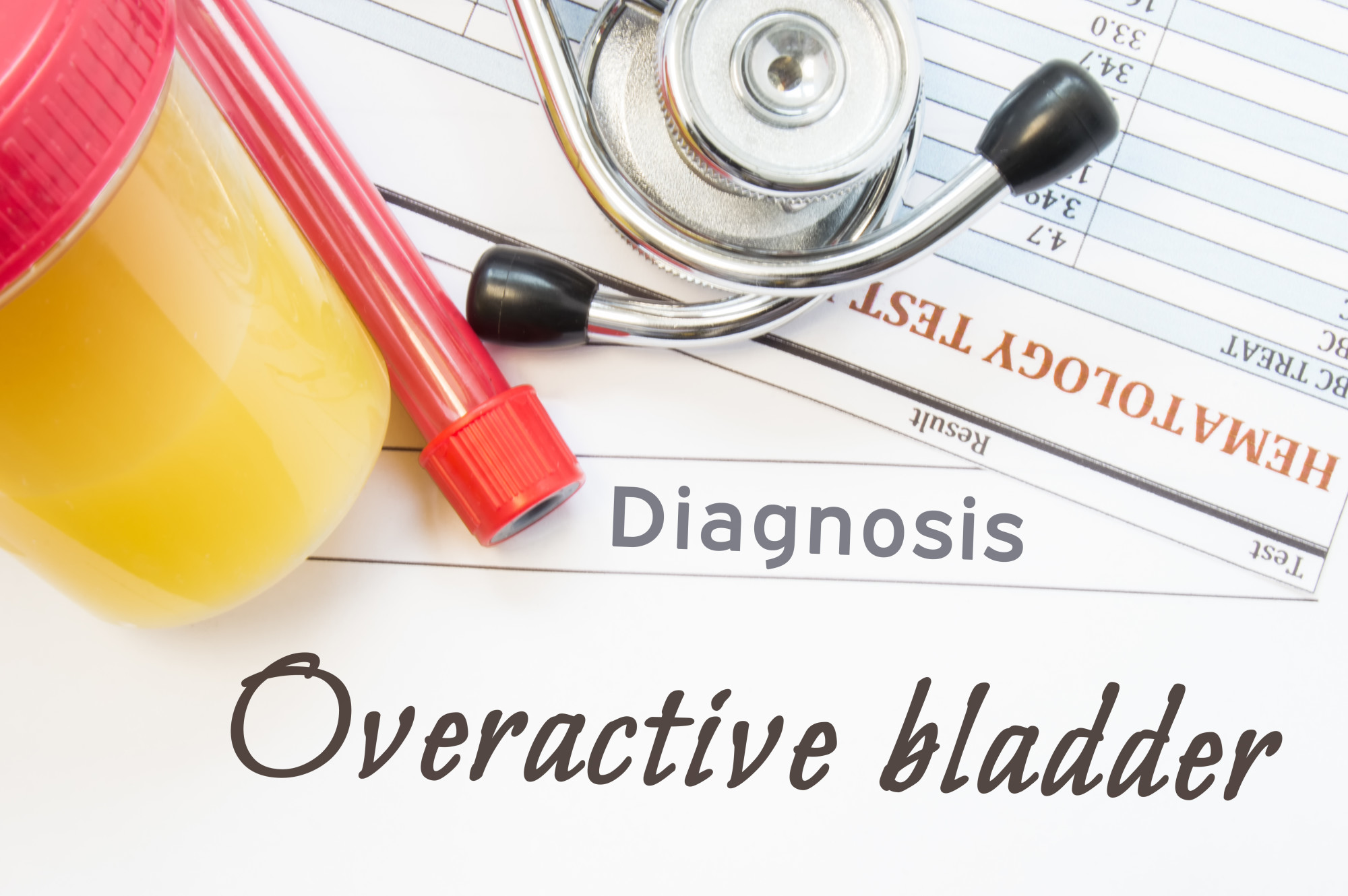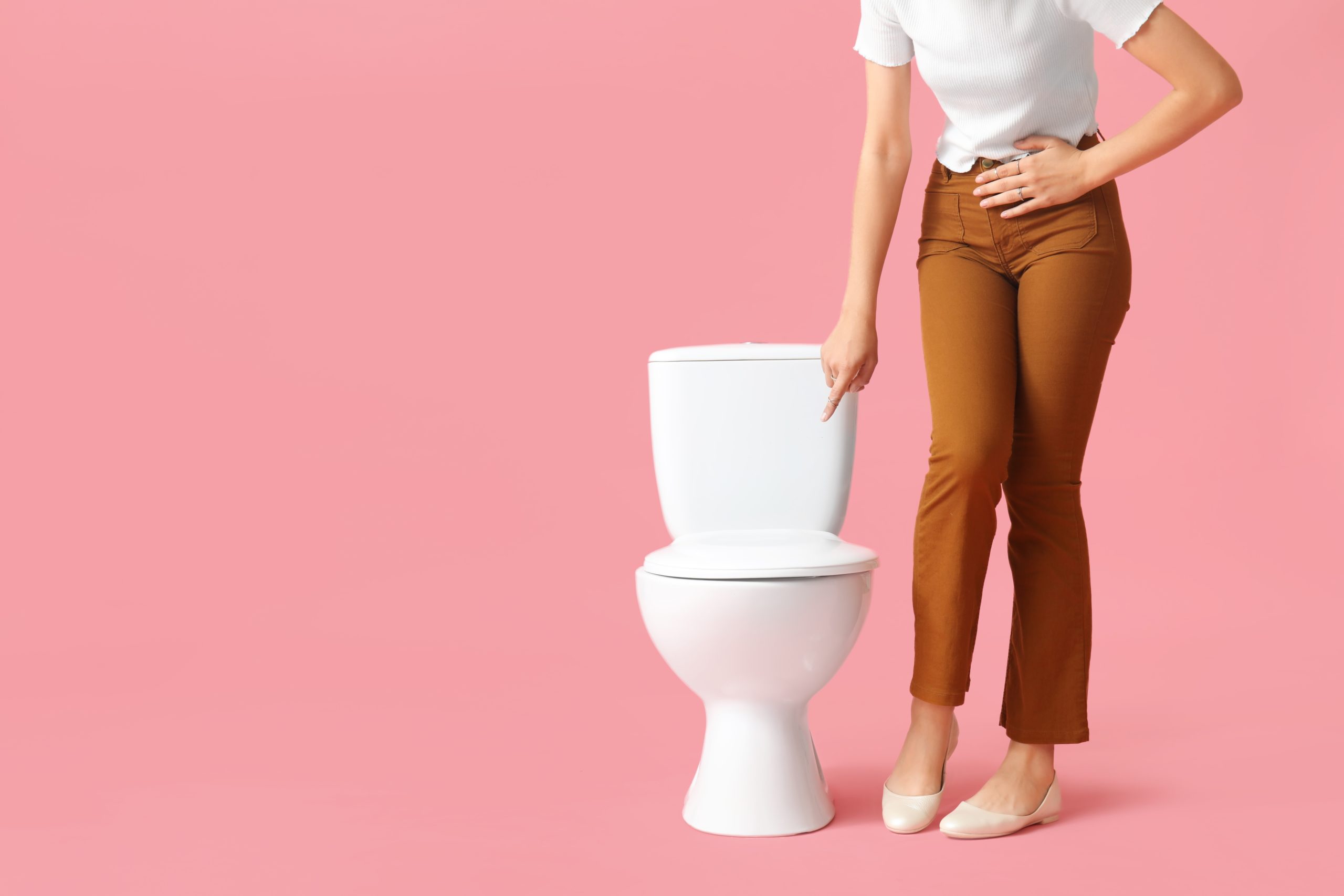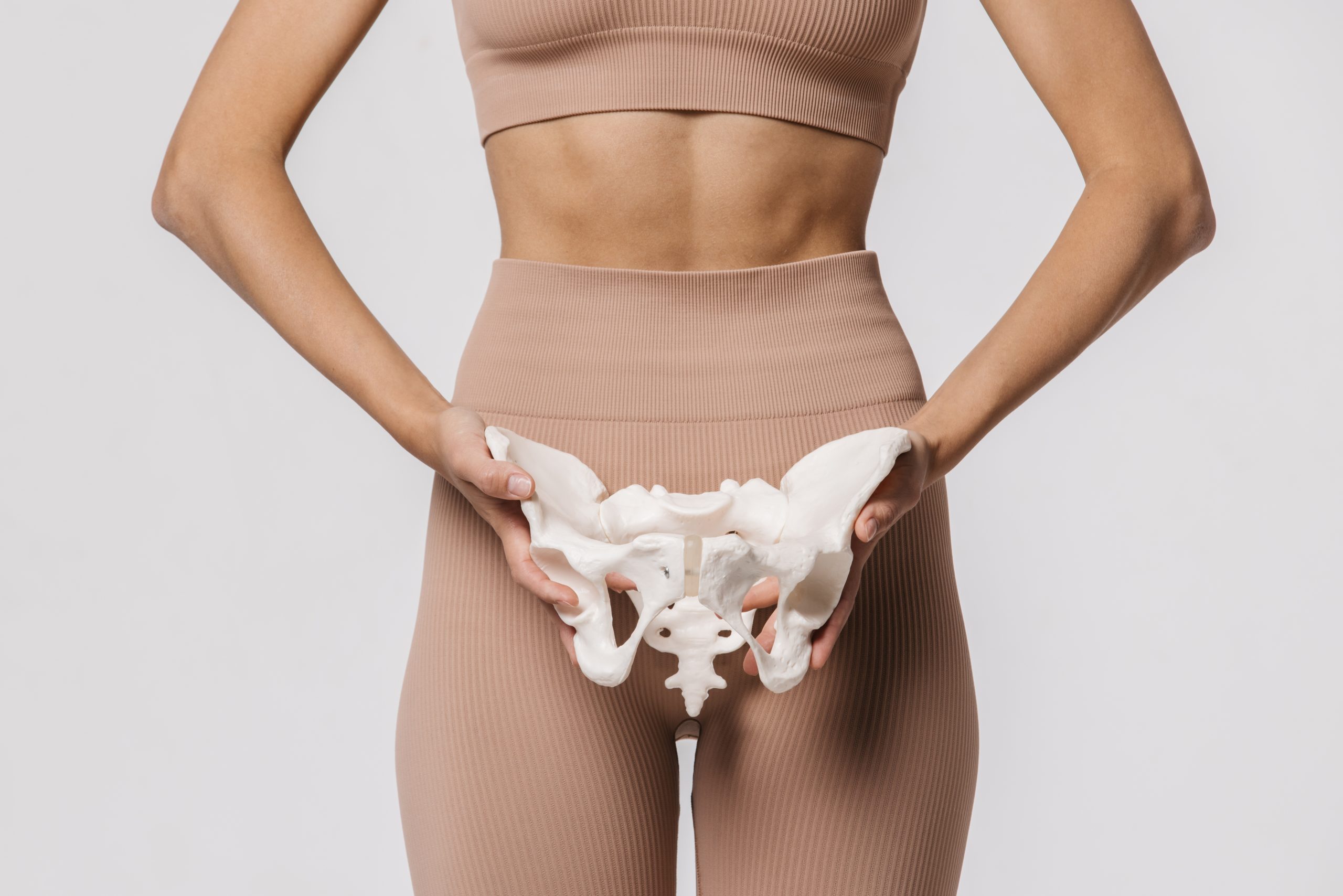
OAB 101: Everything You Need To Know About Overactive Bladder
Learn Everything You Need To Know About Over Active Bladder (OAB)
Overactive bladder: a common problem
Do you find yourself going to the bathroom much more than others? Does the urge to urinate seem to sneak up out of nowhere? If so, you could be suffering from an overactive bladder.
A fairly common condition, overactive bladder affects some 33 millions Americans. This figure includes 30% of American men and 40% of American women.
Looking to learn more about this condition? Here is everything you need to know.
Causes of Overactive Bladder
OAB can be caused by a number of factors. The most common of these factors include the following.
Overconsumption of Fluids
One of the most common causes of OAB is the overconsumption of fluids. Those who drink an excess of water, milk, juice, or any other type of liquid are likely to urinate more than what is standard.
Obesity
In obese individuals, the body can weigh down on the bladder, putting stress on it and making it feel as if it is filled with urine. This stress often leads to OAB.
Certain Medications
In some cases, urinary incontinence will be caused by medications. Some medications produce effects which cause their users to feel as though they have to urinate more often than they otherwise would.
Medications that have this effect include, but are not limited to, muscle relaxants, narcotics, antihistamines, and diuretics.
Caffeine
Do you drink a great deal of coffee, tea, or soda? If so, caffeine could be the reason for your overactive bladder.
Because it holds the power to manipulate the bladder, caffeine drastically exacerbates the symptoms of OAB. It will increase both the severity of urination and the overall need to urinate.
UTIs
Another common cause of OAB is urinary tract infections or UTIs. These infections occur when bacteria makes its way to the bladder through the urethra. More common in women than in men, UTIs almost always result in frequent urination.
Abnormalities of the Bladder
In less common, but more severe cases, OAB will be caused by abnormalities of the bladder. Everything from a small bladder, to bladder stones, and more can cause frequent urination to occur.
Overactive Bladder Symptoms
Overactive bladder doesn’t only present itself in the form of frequent urination. It comes with a whole host of symptoms. Some of the most common symptoms of overactive bladder are as follows.
Pain in the Abdominal Region
Another symptom of OAB is a pain in the abdominal region. This comes as a result of the bladder filling and applying pressure against the abdominal muscles.
While this happens in all people, it happens more frequently in those suffering from OAB. Therefore, pain is more pronounced.
Involuntary Loss of Urine
Apart from frequent urination, the most common symptom of overactive bladder is an involuntary loss of urine. This symptom presents itself in response either to the bladder becoming irritated or to the bladder becoming filled to capacity.
If you’re expelling urine at inopportune times, you would be wise to take a trip to your local urologist.
Frequent Urination
The biggest symptom of OAB is, of course, frequent urination. The question is: what is frequent urination? Generally, frequent urination is considered to be urinating 8 or more times throughout a single day.
Most human beings urinate between 6 and 8 times daily. While urinating more than 8 times a day might not necessarily be indicative of a problem, it very well could be. That’s why, if you’re doing so on a regular basis, you need to see your urologist.
Frequently Using the Bathroom During Sleep Hours
One last symptom that you suffer from OAB is if you wake up frequently to urinate in the middle of the night. “Frequently” in this context generally means any more than 1 trip to the bathroom.
Note, however, that this is only a cause for concern if it’s happening on a regular basis. If it’s only happening once or twice a month, it’s not something that you have to worry about.
Treatment for OAB
There are quite a few treatment options available for OAB. The most common of these treatment options include the following.
Dietary Changes
The first step in combatting an overactive bladder is to make some changes to your diet. Your food and beverage choices alone could be the reason for your OAB and will need to be regulated.
If you visit a physician, he or she will help you to put together an appropriate diet plan. This diet plan will help you establish a number of different eating habits, all of which are designed to keep stress off of your bladder.
Some changes you’ll be expected to make include a decrease in fluid consumption, a decrease in caffeinated beverages, a decrease in artificially sweetened foods, and an increase in natural vitamins such as Vitamin C and Vitamin D.
Pelvic Exercises
Another treatment for overactive bladder is pelvic exercises. These exercises will help to strengthen the bladder, allowing it to hold in more urine than it would otherwise.
You might also try bladder training, a method of exercise in which you gradually lengthen the duration of time between restroom trips.
Medications
If dietary changes and pelvic exercises fail to provide results, medications may be administered. Medications such as Sanctura and Detrol can be used to relieve the symptoms of OAB. In doing so, they prevent irritation and reduce the number of trips a person must take to the bathroom.
Surgery
In cases where dietary changes, medications, and pelvic exercises don’t work, surgery might be needed. Surgery to increase the size of the bladder can be performed in order to increase its storage capacity. The larger the bladder is, the less it will need to expel urine.
See a UROGYN Specialist for Your OAB
Do you display any of the OAB symptoms discussed above? If so, it’s highly recommended that you see a UROGYN specialist. These specialists focus on pelvic health and are well-versed in the treatment of overactive bladder.
Looking for a UROGYN specialist in Houston, Texas? If so, the office of Peter M. Lotze, MD is the office to call.
Give us a call today!



